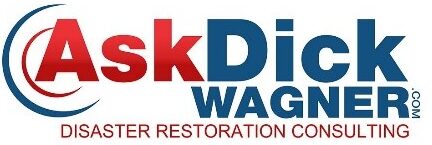In our fast-paced and interconnected world, we often find ourselves juggling multiple roles and responsibilities. We strive to be the…
Hiring in today’s market is unlike anything we’ve seen before. The COVID-19 pandemic has turned the employment landscape on its…
We often hear about setting goals, targets, or quotas. The funny thing is some “experts” tell you to set goals…
Every marketer certainly should strive to develop a strong relationship with their prospects, clients, and customers. There are very few…
Almost every new client I talk to refers to their marketer as a salesperson. I try to diplomatically tell them…
4 minute read I’ve met with, interviewed, and coached literally hundreds of restoration contractors over the past 15 years I’ve…
The very last thing you need in business is a frustrated, disgusted, or angry customer or potential customer! Yet, the…
The world has changed. The pandemic of 2020-21 has and will continue to require new and different attitudes and business…
4 min read Every one of us at one time or another has thought that “if my competition can do…
3 minute read I’ve talked with hundreds (really several thousand) contractors over 20-plus years, and as I recall, at one…
